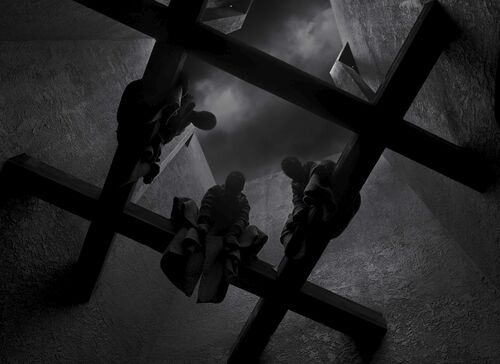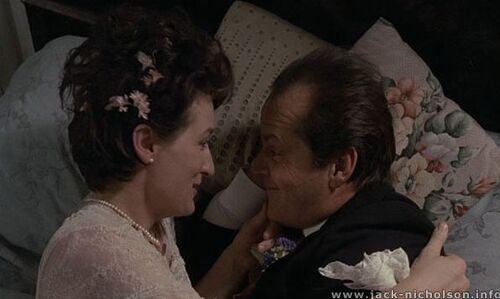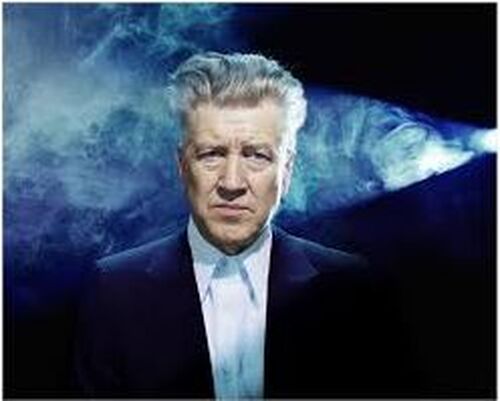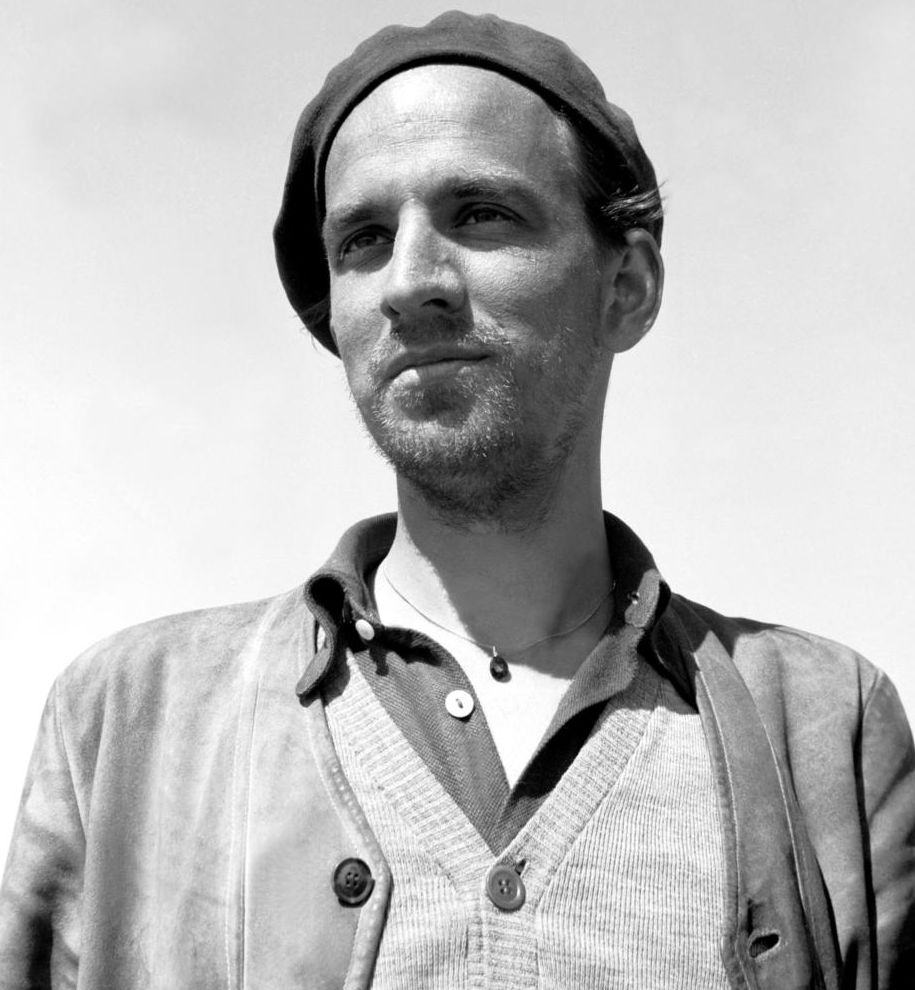
SeptemBergman: Summer with Monika
 For years I've put off a number of other film projects because I hadn't watched Ingmar Bergman's filmography. Ingmar Bergman has always been the cinematic powerhouse I've most admired despite only seeing one of his films. I struggled with prioritizing other film projects knowing I had nearly all of Bergman's filmography to discover. After finally doing my recent deep-dive into Woody Allen's filmography, and seeing how influential Ingmar Bergman was to Woody Allen, I decided to finally schedule a retrospective of Bergman's films. I actually started this project with Summer with Monika because it was the first Bergman film that Woody Allen saw. Perhaps not the best entry point to Ingmar Bergman, Summer with Monika was a gorgeous film with a brilliant exploration of a relationship and a raw portrait of the gamut run as emotions develop.
For years I've put off a number of other film projects because I hadn't watched Ingmar Bergman's filmography. Ingmar Bergman has always been the cinematic powerhouse I've most admired despite only seeing one of his films. I struggled with prioritizing other film projects knowing I had nearly all of Bergman's filmography to discover. After finally doing my recent deep-dive into Woody Allen's filmography, and seeing how influential Ingmar Bergman was to Woody Allen, I decided to finally schedule a retrospective of Bergman's films. I actually started this project with Summer with Monika because it was the first Bergman film that Woody Allen saw. Perhaps not the best entry point to Ingmar Bergman, Summer with Monika was a gorgeous film with a brilliant exploration of a relationship and a raw portrait of the gamut run as emotions develop.
Harry Lund (Lars Ekborg) is a 19-year-old young man who works a job he is unsatisfied with, yet, committed to as a means of taking care of himself and his sickly father. One day, before work, Harry goes to a cafe where he meets Monika Eriksson (Harriet Andersson). Monika is a 17-year-old dreamer who imagines a life where she can leave her job as a stockroom worker and spend her days in a loving relationship enjoying the company of another. Monika is immature and makes reckless decisions including leaving her job without any alternative source of income lined up. Desperate to leave her parents home where abuse and alcohol issues are commonplace, Monika imagines a stable future with Harry. Despite their juvenility, the two fall in love determined to make their relationship last. Smitten with each other, Harry and Monika spend all their time together finding it difficult to leave one another culminating in Harry finally getting fired from/quitting his job due to his constant tardiness. When Monika's home life becomes too much for her to return to, Harry becomes responsible for taking care of Monika, as she is still without a job. Due to their young age and position in life, the two run away together, using Harry's father's boat, to the countryside. At first, their departure from the rest of the world is blissful, all the two have to worry about is being carefree and spending time with each other. Real world problems begin to interrupt their idyllic adventure as their joblessness forces them to steal food in order to survive. In hopes of getting their lives back on track, they decide to return to the city, marry, and eventually have a child together. Unfortunately for them, their relationship is in for suffering ahead that they couldn't have anticipated.
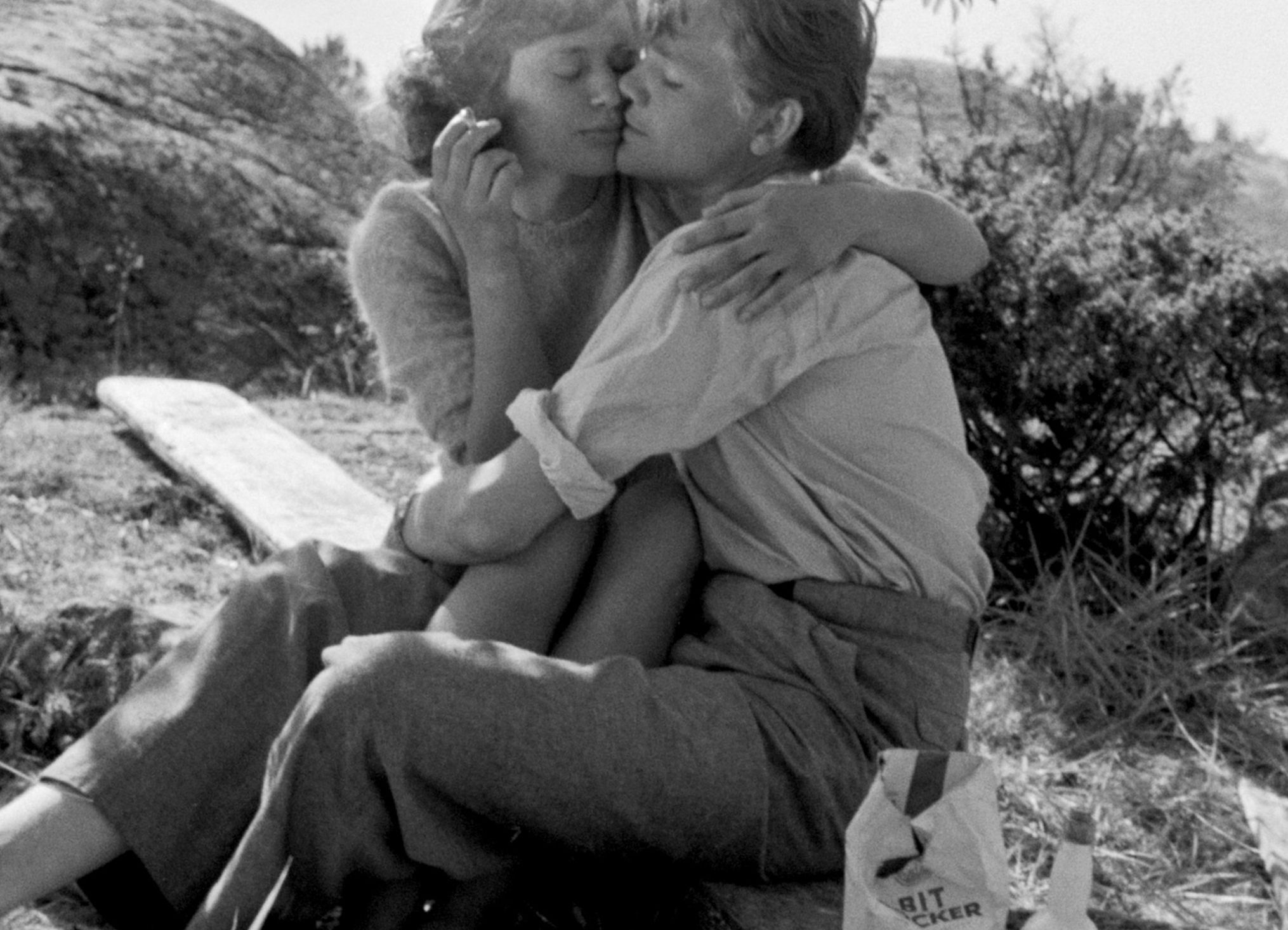
I was floored by the way Bergman filmed people. One of my favorite filmmakers is François Truffaut, so I am definitely partial to a filmmaker with a humanist slant. I was mesmerized by the tender way Bergman focused on his principles. The close-ups on the faces of Monika and Harry are integral to revealing the development of their relationship, and exposing the emotions they are experiencing lurking beneath their smiles. Maybe we're not all floating aimlessly along the sea, but we've all experienced the many stages of a relationship. From the initial "love at first sight" when you just can't get enough of your new partner, to the dying down of excitement as a relationship becomes more comfortable, these are all aspects familiar to anyone that has ever been in love. The way Bergman bookended Monika lighting her cigarette acts as a perfect reflection of their union. After their initial meeting in the cafe, Harry nervously attempts multiple times, to light Monika's cigarette, failing each time as his attention has shifted to the beautiful young girl too much to concentrate on anything else. In the final minutes of the film, Monika hastily lights her own cigarette, full of disdain and regret, visibly distancing herself from her now husband. The two scenes illustrate the birth and subsequent death of love in a subtle yet powerful way. The emotion-filled shots, the gorgeous cinematography, and the powerful subtlety leave me greatly looking forward to discovering more of Ingmar Bergman.
